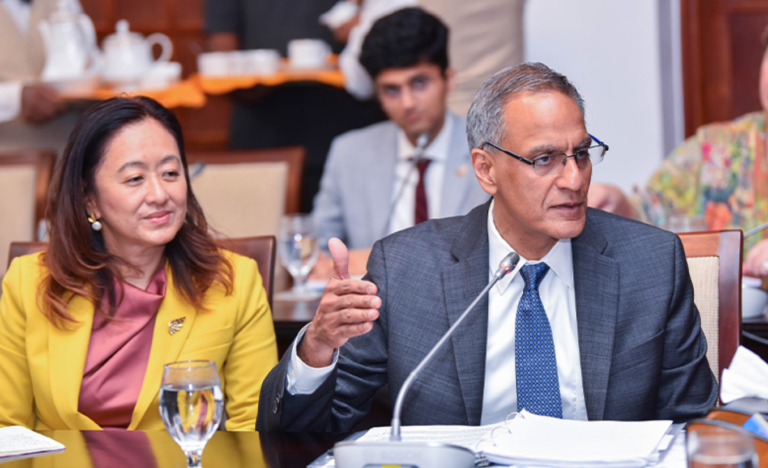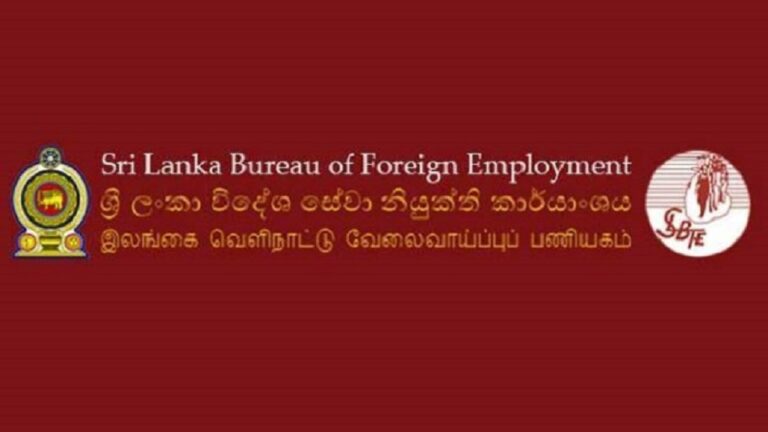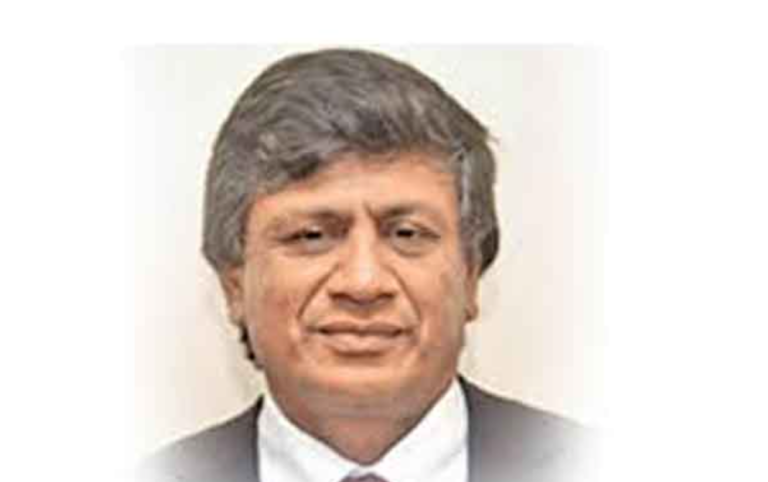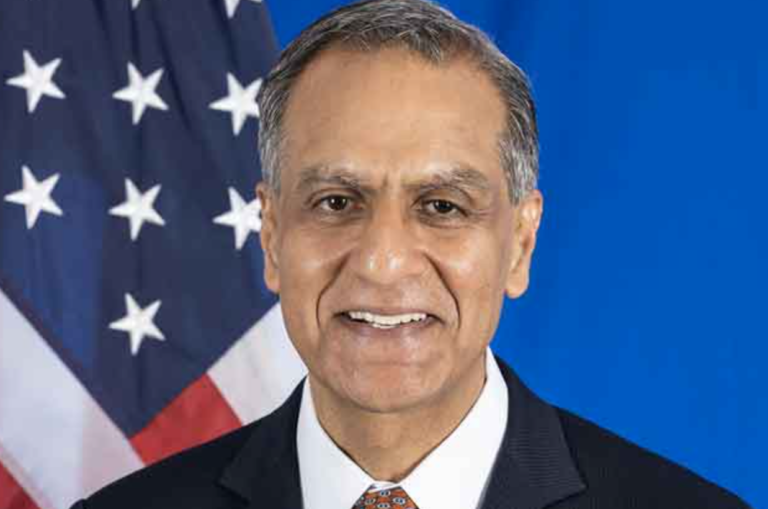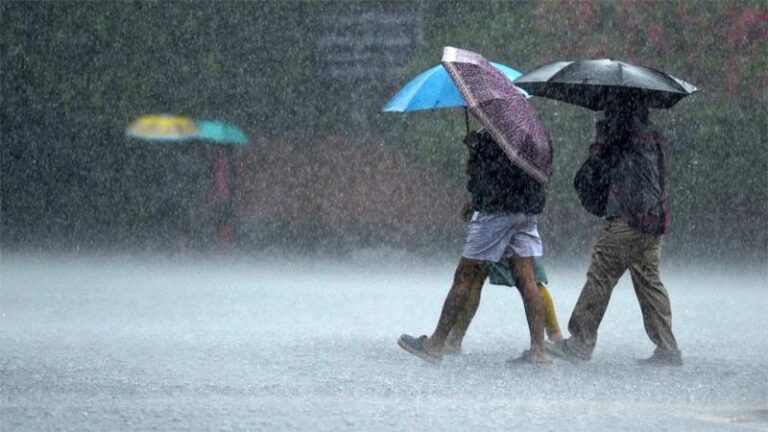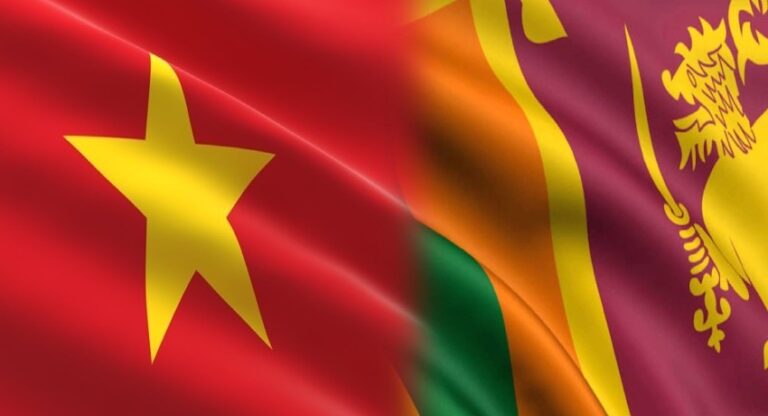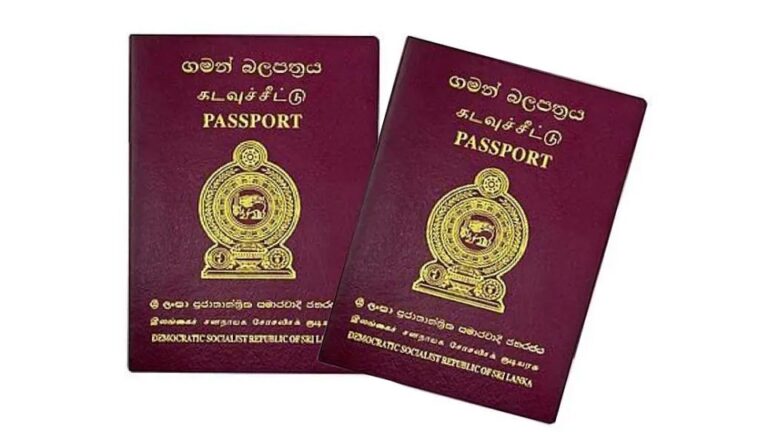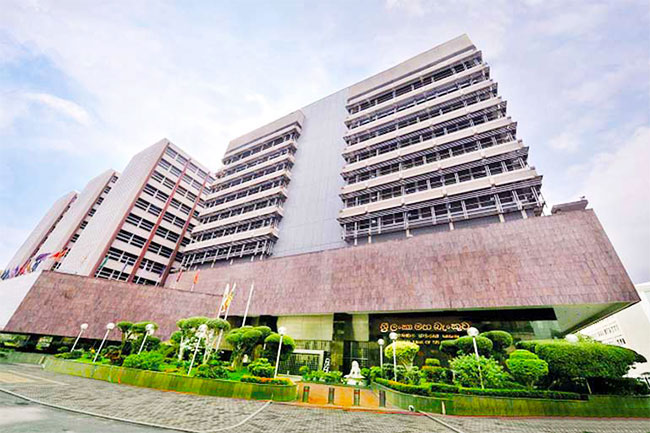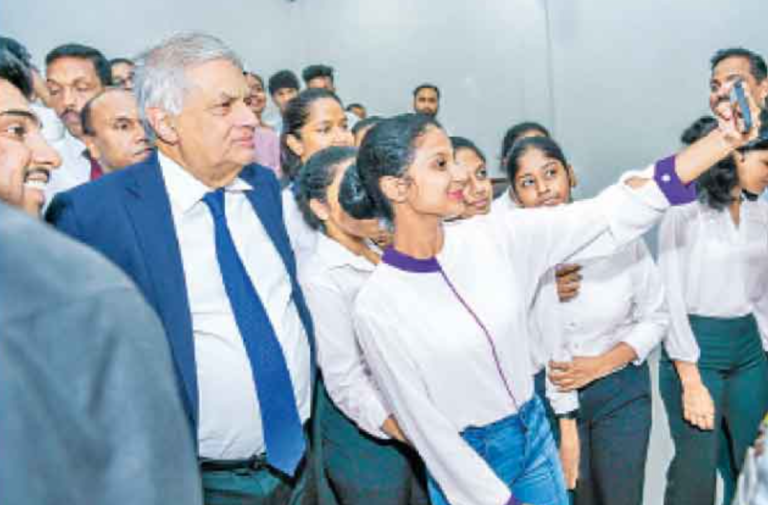February 24, Colombo (LNW): United States Deputy Secretary of State for Management and Resources, Richard Verma, expressed appreciation for the commendable efforts undertaken by the Sri Lankan Government to revitalize its economy during a meeting with President Ranil Wickremesinghe.
In the discussions, President Wickremesinghe provided an overview of the progress in debt restructuring and highlighted key economic reform measures, including the Agriculture Modernization Program. The Deputy Secretary acknowledged and lauded these initiatives aimed at steering the Sri Lankan economy on a positive trajectory.
Turning attention to global security matters, the Deputy Secretary extended gratitude to the Sri Lankan Government for its support in ongoing naval operations in the Red Sea. President Wickremesinghe, in response, reiterated Sri Lanka’s steadfast commitment to Freedom of Navigation in the Indian Ocean. Additionally, the President expressed solidarity with Saudi Arabia’s stance on the Houthi rebels, emphasizing a shared dedication to regional stability.
Accompanying the President were Secretary to the President Mr. Saman Ekanayake, Acting Secretary to the Ministry of Foreign Affairs U.L.M. Jauhar, Director of International Affairs Dinouk Colombage, and Director of America’s Desk at the Ministry of Foreign Affairs Chathura Perera. The meeting signifies the growing collaboration and mutual interests between Sri Lanka and the United States in both economic and security spheres.


